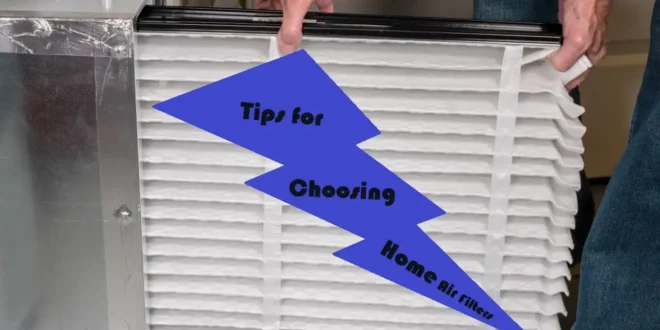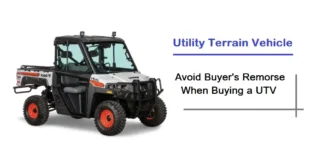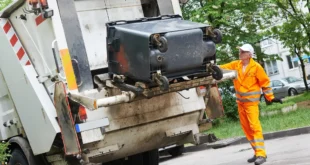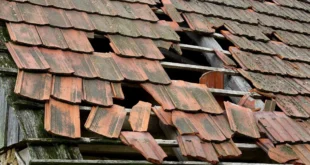Air quality inside homes is critical to maintaining a healthy living environment. Home air filters play a vital role in purifying indoor air and trapping dust, allergens, and other harmful particles. With various types of air filters available in the market, choosing the right one and using it effectively becomes essential. This article will guide you through selecting and utilizing home air filters for optimal indoor air quality.
Understanding Air Filter Ratings
Air filters are rated based on their ability to capture particles of different sizes. The Minimum Efficiency Reporting Value (MERV) is the most common rating system. MERV ratings range from 1 to 16, with higher numbers indicating a filter’s ability to capture smaller particles. Filters with MERV ratings between 7 and 13 are typically sufficient for residential use, balancing filtration efficiency and airflow. It’s important to understand these ratings because a filter with too high a MERV rating can restrict airflow, straining the HVAC system, while a filter with too low a rating may not effectively clean the air. This knowledge allows homeowners to make an informed choice that suits their needs, balancing air quality and system efficiency.
Choosing the Right Size and Type
Selecting the correct size and type of air filter is crucial for its effective functioning. Air filters come in various sizes, and choosing one that fits the home’s HVAC system perfectly is essential. A too-small or too-large filter can allow unfiltered air to pass around the edges, reducing its effectiveness. The type of filter also matters; options include fiberglass, pleated, and HEPA filters. Fiberglass filters are economical but less efficient at trapping smaller particles, while pleated filters, made of higher-quality materials, offer a higher level of filtration. HEPA filters are the most efficient, capturing even the smallest particles. They are especially beneficial in homes where air quality is a significant concern, such as those with allergy sufferers or high dust levels.
Regular Replacement and Maintenance
Regular replacement and maintenance of air filters are essential for their effective operation. Over time, air filters become clogged with particles, reducing efficiency and putting additional strain on the HVAC system. Generally, replacing air filters every 90 days is recommended, but this can vary based on factors like filter type, indoor air quality, household pets, and the amount of dust in the environment. Homes in areas with high pollution levels or households with pets might need to change filters more frequently. Timely replacement ensures better air quality and can prolong the life of the HVAC system, preventing costly repairs due to overexertion.
Impact on Energy Efficiency
Using the right air filter can significantly impact the energy efficiency of the home’s HVAC system. Clogged or dirty filters restrict air flow, forcing the system to work harder and consume more energy. This increases utility bills and puts unnecessary wear and tear on the HVAC system. The system operates more efficiently by maintaining clean filters, reducing energy consumption, and saving money in the long run. Additionally, efficient operation contributes to environmental conservation by reducing the home’s carbon footprint. Homeowners should consider the energy efficiency aspect when selecting air filters to ensure they make a choice that benefits their wallet and the environment.
Consulting with Reputable Local HVAC Specialists
Consulting with reputable local HVAC specialists can provide invaluable assistance for choosing and using home air filters effectively. These professionals can offer tailored recommendations based on the specific needs and conditions of the home, such as local air quality, the presence of pets, allergies, or other respiratory concerns. They can also provide services for adequately installing and regularly maintaining the HVAC system, ensuring it operates efficiently. Expert advice from HVAC specialists is particularly beneficial when considering upgrades or replacements to ensure the chosen solutions are compatible with the existing system and meet the household’s air quality needs.
Conclusion
The effective selection and use of home air filters are crucial for maintaining a healthy and comfortable indoor environment. Understanding air filter ratings, selecting the right size and type, regular replacement and maintenance, considering the impact on energy efficiency, and consulting with local HVAC specialists are vital steps in this process. By following these tips, homeowners can ensure a clean, healthy indoor air environment, contributing to the well-being of all inhabitants. Home air filters are more than just a component of the HVAC system; they are an integral part of a home’s health and comfort.
Was this article helpful? Then check out the rest of our site for more.
 SlushWeb Bringing Facts to Light
SlushWeb Bringing Facts to Light



